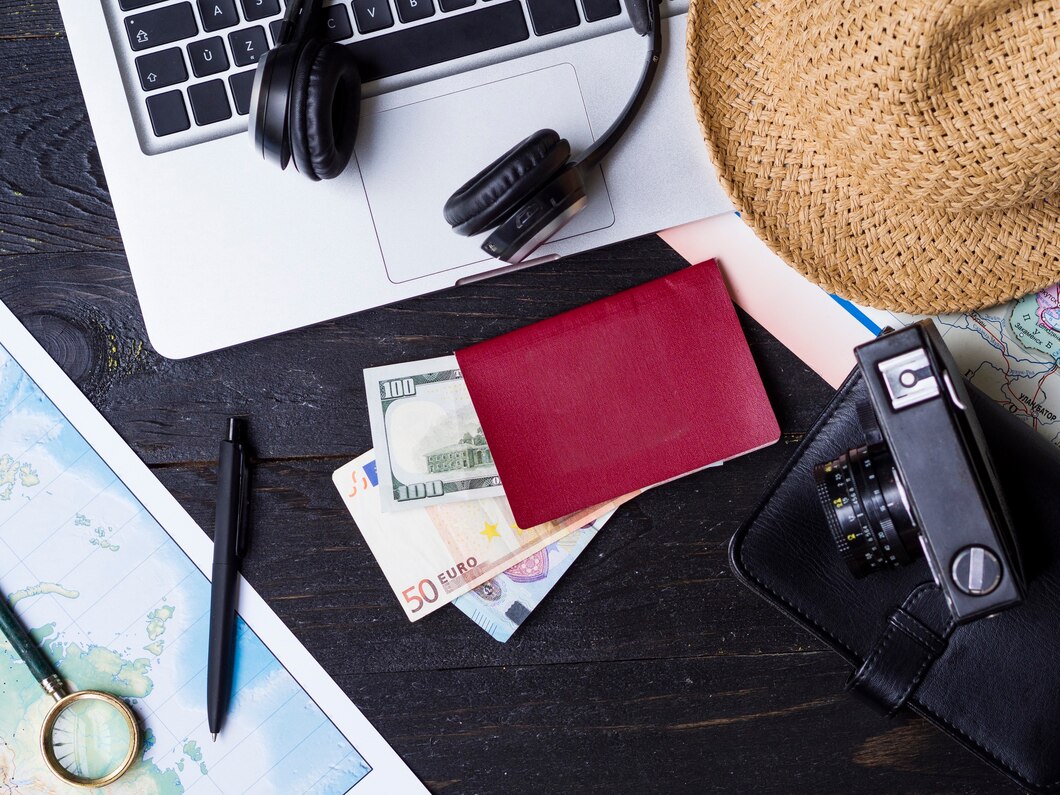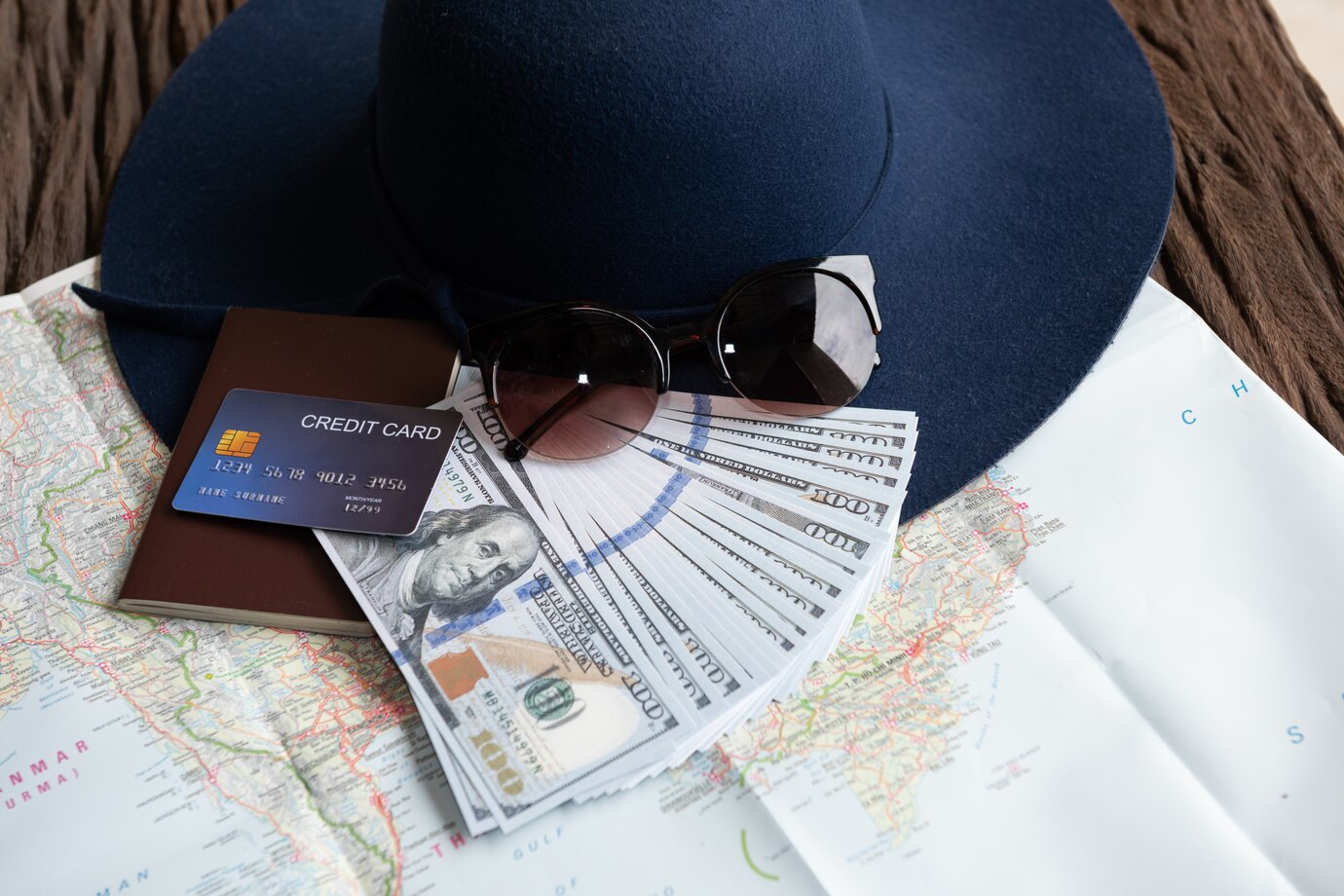Traveling is a transformative experience, but without careful financial management, it can become a source of stress. This comprehensive guide offers insights and practical tips to help you navigate travel expenses, ensuring your journeys are not only enriching but also financially sustainable.
Establish a Travel Budget: Your Roadmap to Financial Wellness
The foundation of successful travel expense management is a well-defined travel budget. Outline your anticipated expenses, including accommodation, transportation, meals, activities, and a contingency fund. This budget serves as your financial roadmap for the trip.
Expense Tracking Apps: Your Digital Financial Companion
Leverage the power of expense tracking apps to monitor your spending in real-time. Numerous apps allow you to categorize expenses, set limits, and receive notifications, keeping you informed about your financial status throughout your journey.
Choose Budget-Friendly Accommodation: Where to Rest Without Breaking the Bank
Opt for cost-effective accommodation options such as hostels, budget hotels, or vacation rentals. Utilize booking platforms that offer discounts and loyalty programs. Planning your stays strategically can significantly impact your overall travel expenses.

Transportation Savings: Navigating the Roads on a Budget
Explore various transportation options to maximize transportation savings. Consider budget airlines, train passes, or rideshare services. Additionally, walking or using public transportation in your destination can contribute to cost-effectiveness.
Meal Planning on the Road: Culinary Adventures on a Budget
Eating out for every meal can quickly escalate expenses. Embrace meal planning on the road by exploring local markets, preparing simple meals, or opting for budget-friendly eateries. Balancing culinary adventures with cost-effective choices enhances your overall travel experience.
Travel Insurance: Protecting Your Financial Investment
Invest in travel insurance to safeguard your financial investment in the trip. Travel insurance covers unexpected events, including trip cancellations, medical emergencies, or lost luggage, providing peace of mind during your travels.
Plan Free and Low-Cost Activities: Cultural Exploration Without the Price Tag
Include free and low-cost activities in your itinerary to balance your travel budget. Many destinations offer cultural experiences, hiking trails, and historical sites that don’t come with hefty admission fees. Embrace local culture without compromising your finances.
Cash vs. Cards: Finding the Right Mix
Strike a balance between using cash and cards for your expenses. While cards offer convenience and security, having some local currency on hand can be beneficial, especially in areas where card acceptance may be limited.
Prioritize Experiences Over Things: Making Lasting Memories
Shift your focus from material souvenirs to experiences that create lasting memories. Engaging in activities, meeting locals, and immersing yourself in the destination’s culture often contribute more to the richness of your journey than material possessions.
Post-Trip Evaluation: Learning for Future Adventures
After your trip, conduct a post-trip evaluation of your expenses. Analyze what worked well and where you could have saved more. This reflection provides valuable insights for future travels, allowing you to refine your financial management strategies.
Conclusion
Smart financial management is the key to unlocking the full potential of your travel experiences. By establishing a travel budget, leveraging expense tracking apps, choosing budget-friendly accommodation and transportation, and embracing cost-effective dining options, you can explore the world without compromising your financial well-being. Remember, traveling wisely and spending thoughtfully ensure that each journey becomes a fulfilling and financially sustainable adventure.



